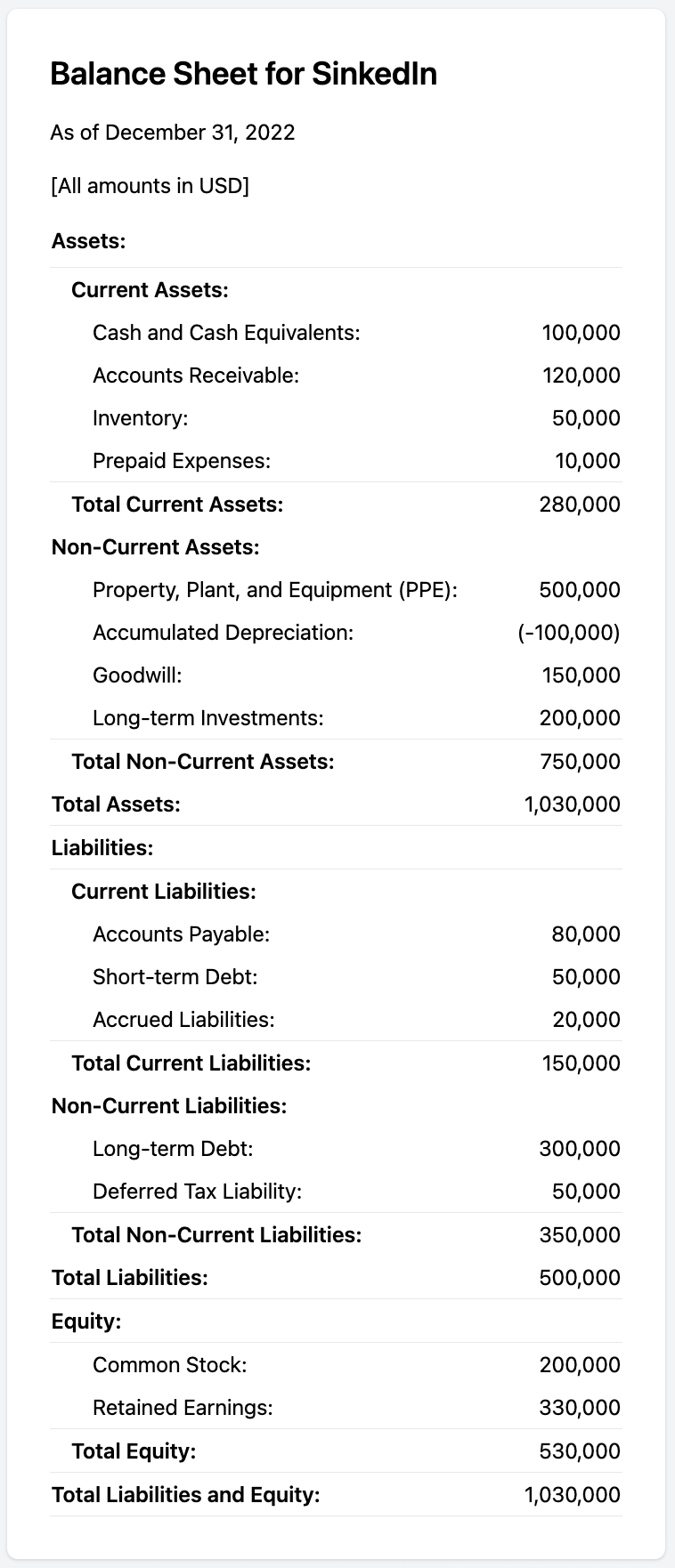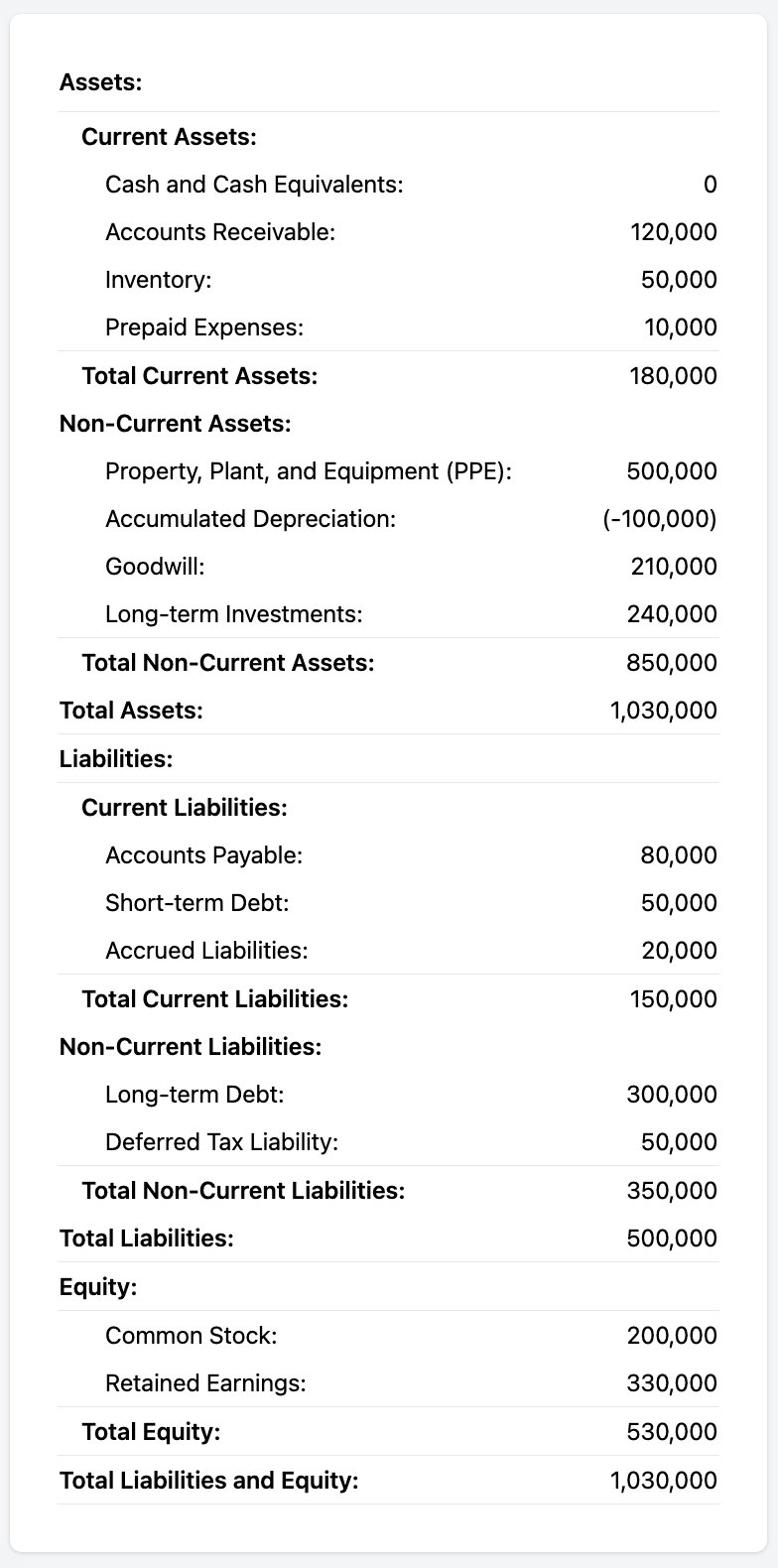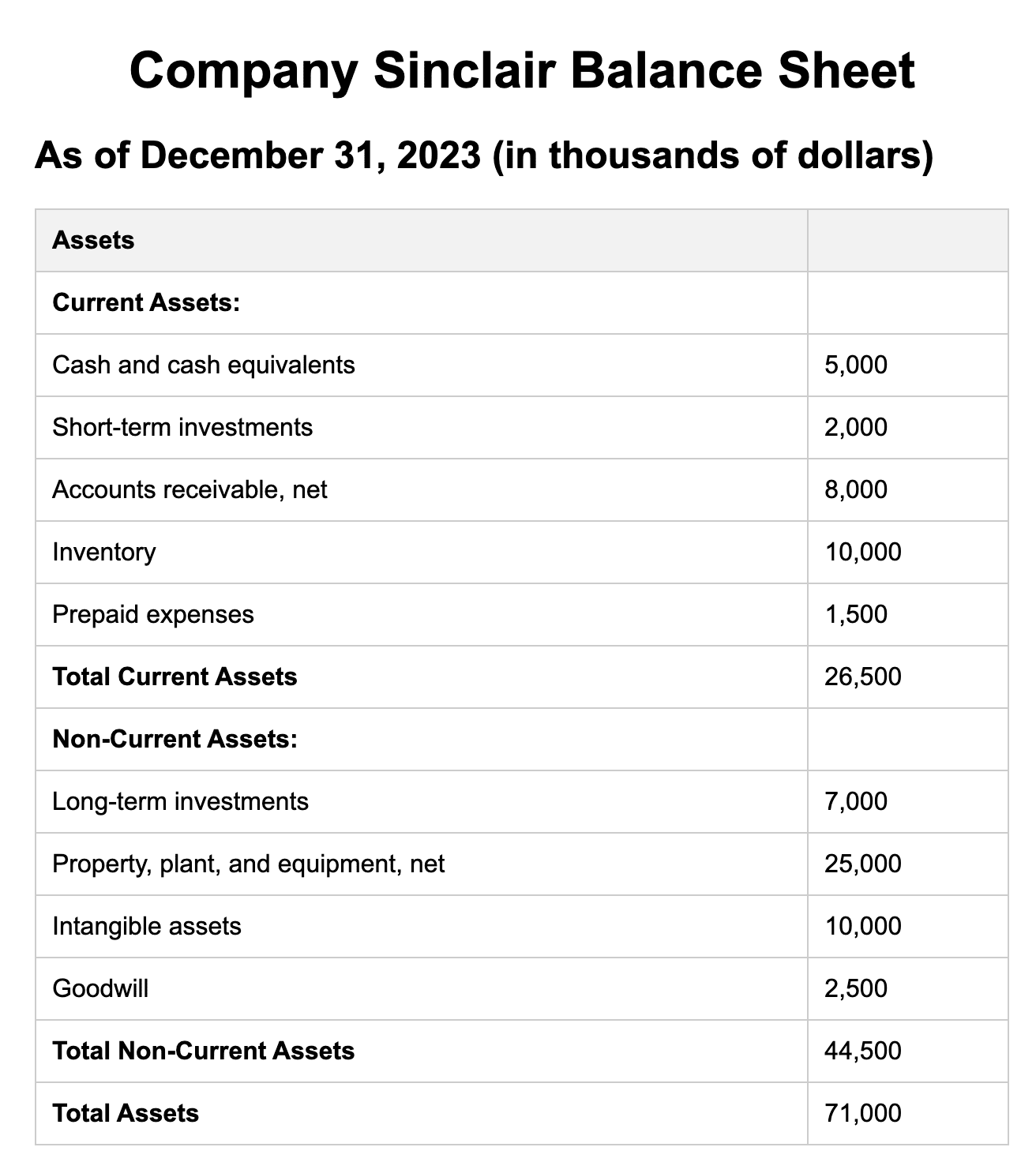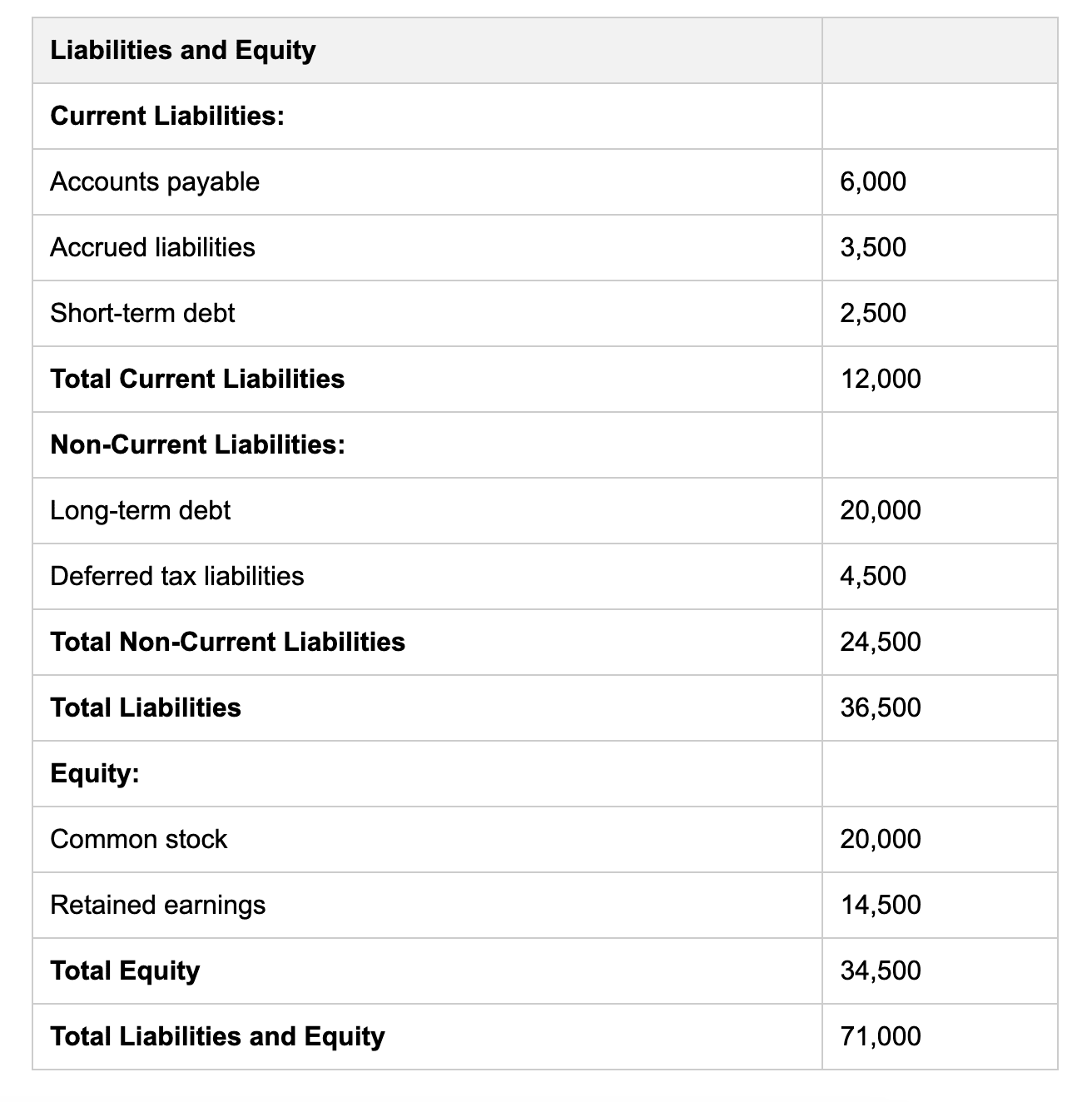Accounting in Oracle: Accounting in Oracle refers to the process of recording and managing financial transactions within the Oracle Financials system. It involves maintaining accurate and up-to-date financial records, including journal entries, balance sheets, and income statements. This skill is measured in the test to assess the candidate's knowledge and proficiency in using Oracle applications for accounting purposes.
Order to Cash Process: The Order to Cash process in Oracle involves the entire lifecycle of a customer order, starting from order creation to its fulfillment and payment. It includes tasks such as order management, inventory management, pricing, shipping, and invoicing. Measuring this skill in the test helps evaluate the candidate's understanding of the end-to-end order fulfillment process within Oracle Financials.
Procure to Pay Process: The Procure to Pay process in Oracle encompasses all activities involved in sourcing, purchasing, receiving, and paying for goods and services. It involves steps like requisitioning, supplier selection, purchase order creation, goods receipt, and invoice processing. This skill is assessed in the test to gauge the candidate's proficiency in efficiently managing the procurement process using Oracle applications.
Assets in Oracle: Assets in Oracle refers to the management and tracking of tangible and intangible assets within the Oracle Financials system. It includes tasks such as asset acquisition, depreciation calculation, disposal, and maintenance. Measuring this skill in the test helps determine the candidate's ability to effectively manage and account for assets using Oracle applications.
General Ledger: The General Ledger module in Oracle Financials is responsible for maintaining the overall financial records of an organization. It involves tasks such as journal entry posting, account reconciliation, financial statement generation, and fiscal period closing. This skill is measured in the test to assess the candidate's knowledge and expertise in using Oracle's General Ledger functionality.
Accounts Payable: Accounts Payable in Oracle involves managing and processing all outgoing payments to suppliers and vendors. It includes tasks such as invoice verification, payment processing, and expense management. Measuring this skill in the test helps evaluate the candidate's ability to efficiently handle accounts payable processes within Oracle Financials.
Accounts Receivable: Accounts Receivable in Oracle focuses on managing and tracking incoming payments from customers. It includes tasks such as invoicing, credit management, payment application, and cash reconciliation. Measuring this skill in the test helps determine the candidate's proficiency in efficiently managing accounts receivable processes using Oracle applications.
Cash Management: Cash Management in Oracle involves monitoring and managing an organization's cash flow and liquidity. It includes tasks such as cash forecasting, cash positioning, bank reconciliation, and fund transfers. This skill is assessed in the test to evaluate the candidate's knowledge and ability to effectively manage cash operations within Oracle Financials.
Financial Reporting: Financial Reporting in Oracle refers to the generation of various financial reports and statements to provide insights into an organization's financial performance. It involves tasks such as creating balance sheets, income statements, and cash flow statements. Measuring this skill in the test helps assess the candidate's proficiency in generating accurate and meaningful financial reports using Oracle applications.
Fixed Assets: Fixed Assets in Oracle refers to the management and accounting of long-term assets, such as buildings, equipment, and vehicles. It includes tasks such as asset classification, depreciation calculation, tracking asset movements, and performing periodic asset audits. Measuring this skill in the test helps determine the candidate's ability to effectively manage fixed assets using Oracle applications.



























































